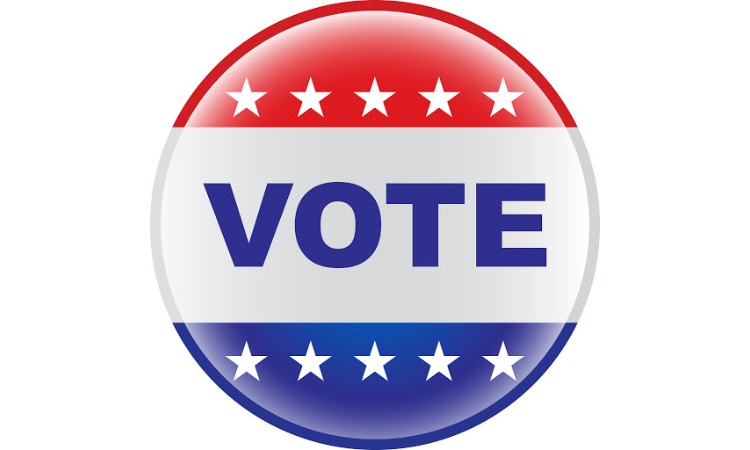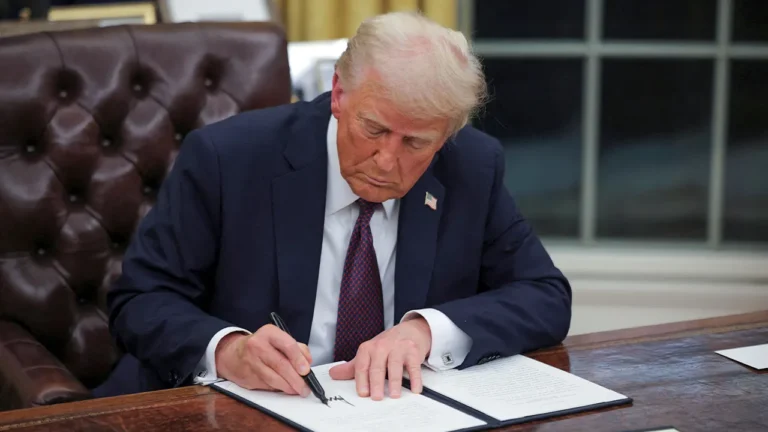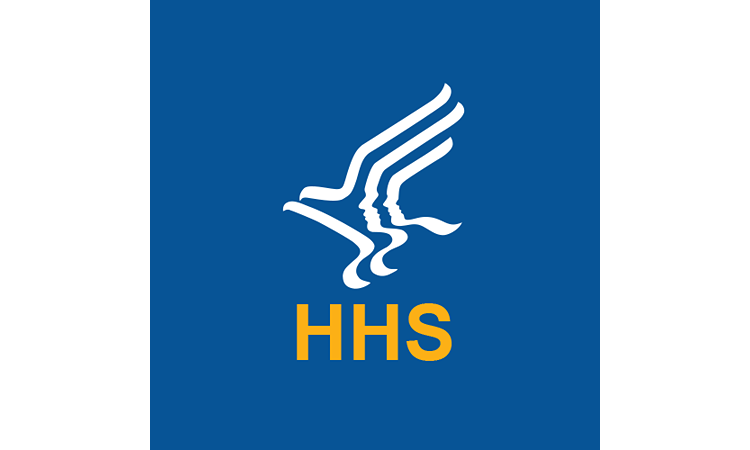March 23, 2020 – As the United States grapples with the COVID-19 outbreak and its ongoing fallout, there is another pressing issue that is crucial to the American public: ensuring safe and fair elections between now and Nov. 3.
“The Coalition believes it is important for all Americans to be active in the political process – and the very heart of that process is conducting fair elections with maximum participation,” according to Jon Bigelow, executive director of the Coalition for Healthcare Communication. “With the spread of coronavirus and the uncertainty of how this pandemic will progress, there is now a real risk that the ability to achieve strong in-person turnout for the Nov. 3 elections across the country will be compromised.”
On March 13, Sens. Amy Klobuchar (D-Minn.) and Ron Wyden (D-Ore.) introduced “The National Disaster and Emergency Ballot Act,” which would expand early in-person voting and no-excuse absentee vote-by-mail to all states and would reimburse states for additional costs in administering elections during the coronavirus pandemic.
Among other provisions, this bill would: ensure that voters in all states have 20 days of early in-person voting and no-excuse absentee vote-by-mail and ensure states begin processing (but not counting) votes cast during early voting or by mail 14 days before Election Day to avoid delays in counting votes on Election Day; guarantee that all voter registration applications submitted by mail or online, up until and 21 days prior to Election Day, are deemed valid; and provide all voters with the option of online requests for absentee ballots and require states to accept requests received up until and five days prior to Election Day.
The bill also would authorize $500 million in federal funds to implement the act in all states and provide $3 million in additional funds to the Election Assistance Commission to support states in implementing the Act. It would bar using any of the funds for Internet-based voting due to security concerns.
“Americans are facing unprecedented disruptions to their daily lives and we need to make sure that in the midst of this pandemic, Americans don’t also lose their ability to vote,” Klobuchar said in a statement announcing the legislation. She explained that the pandemic already is causing disruption in voting, with several states postponing their primary elections and other states currently considering doing the same with their primaries.
Indeed, an editorial in The New York Times on March 22 stated that “It is almost certain that the 2020 election won’t look like any we’ve seen before. Assuming the coronavirus outbreak persists into the fall, it will pose unprecedented challenges to holding a nationwide vote, the most obvious of which is the need to keep people physically separated.”
According to Wyden, “Without federal action, vulnerable Americans are going to have to choose between casting a ballot and protecting their health.” Klobuchar, ranking member of the Senate Rules Committee with oversight jurisdiction over federal elections, and Wyden, ranking member of the Senate Finance Committee, believe that their proposed legislation “represents a commonsense solution to ensuring the 2020 elections, and future elections, are resilient to emergencies and that we are protecting the voting rights of those in harm’s way as well as emergency responders.”
It is worth noting that opponents of the bill believe that changing state election systems suddenly would both undermine states’ rights and lead to greater election instability because states will not be able to prepare adequately in time for the Nov. 3 national election. Further, several experts say that many states would have to amend their election laws in order to allow and define voting-by-mail systems and processes.
However, regardless of whether the Klobuchar-Wyden legislation is enacted, “it is essential that every eligible voter has an opportunity to cast a ballot, and that every vote is counted,” The New York Times editorial concluded.
“Identifying and deploying solutions to this looming problem across all 50 states will require time and money, and deserves immediate attention by Congress,” Bigelow asserted. “The bill introduced by Sens. Klobuchar and Wyden is helpful in getting a serious conversation started. Any changes in election procedures require careful attention to security implications, procedures now followed in different states and potential need to modify state laws, and special problems such as getting ballots to persons who may have relocated temporarily due to the pandemic.”




